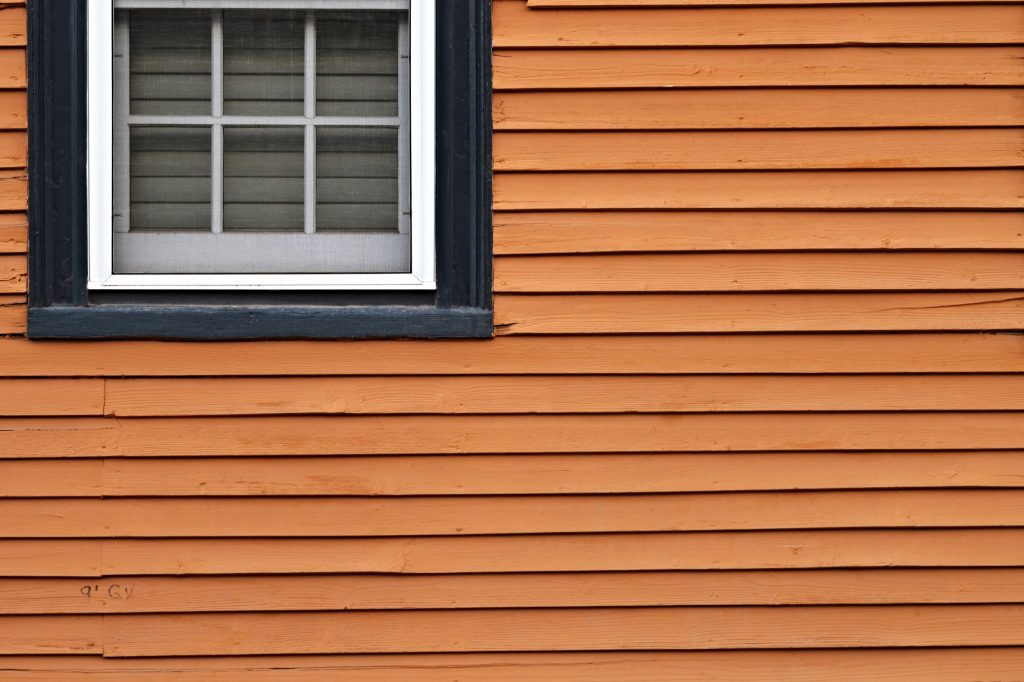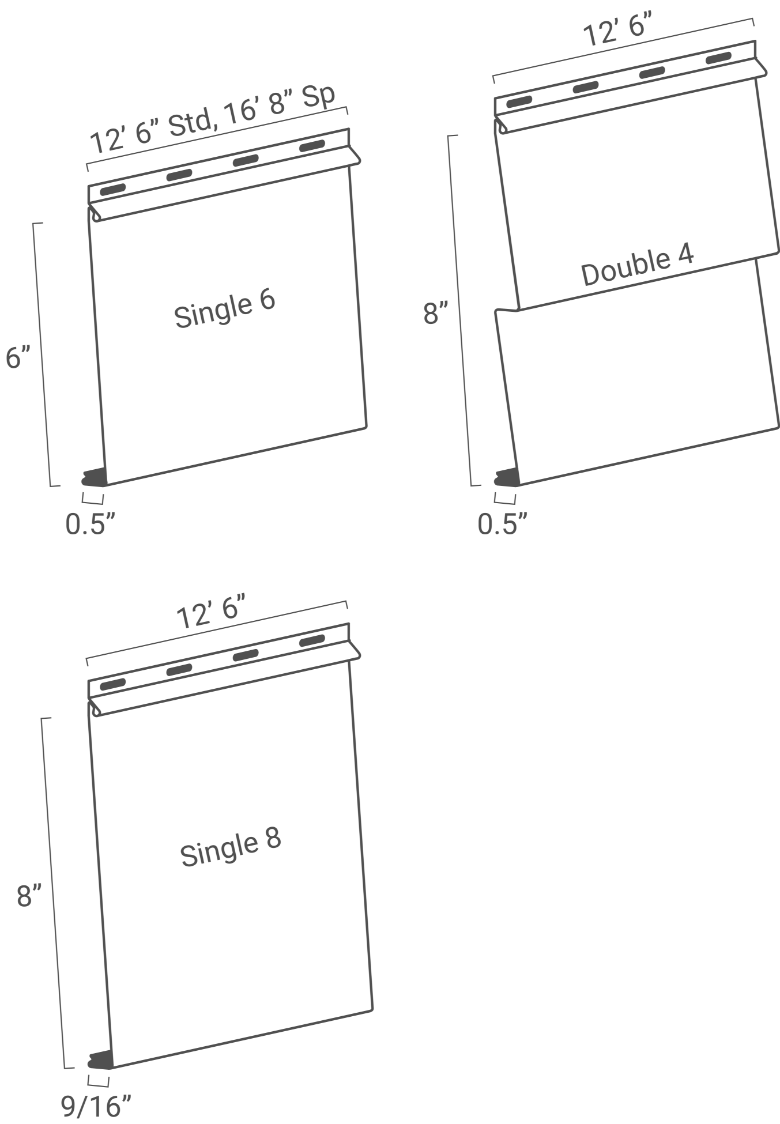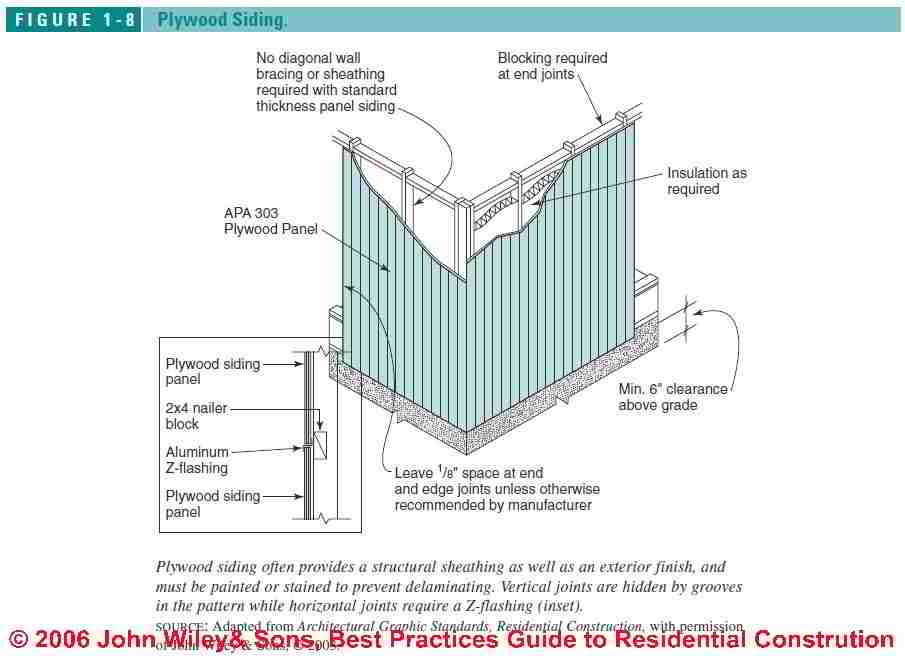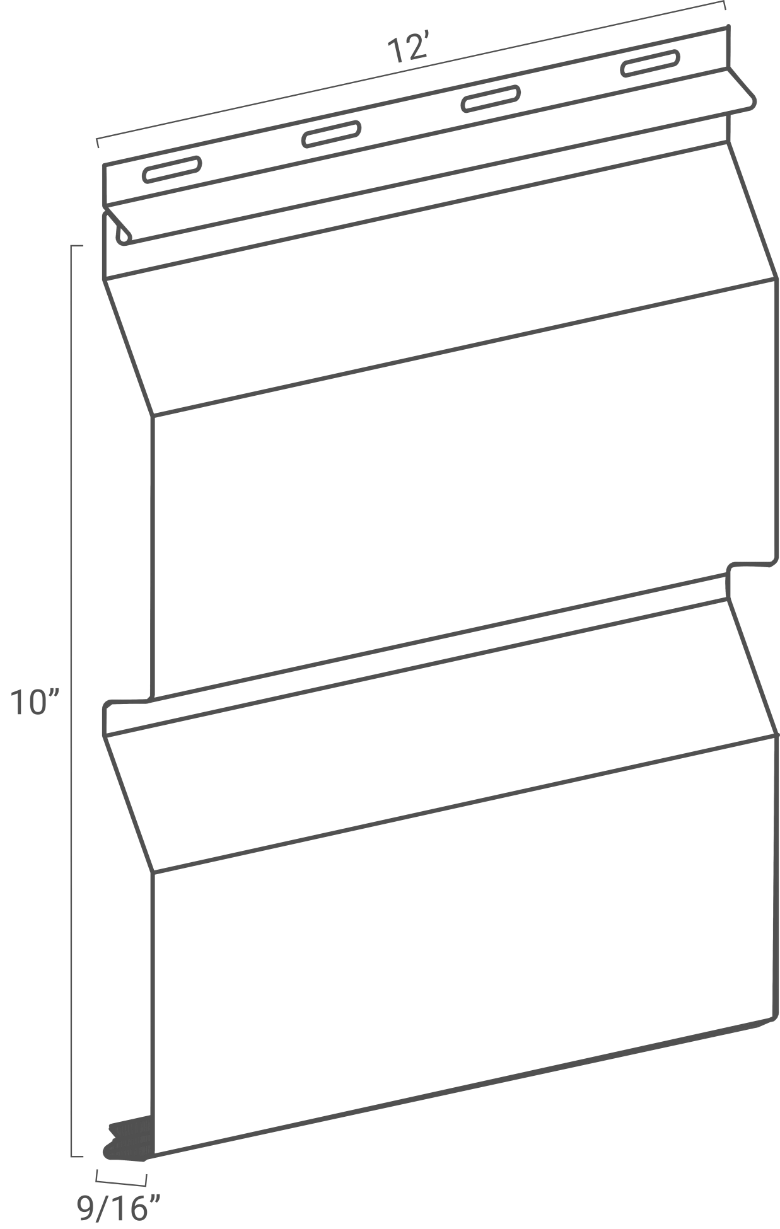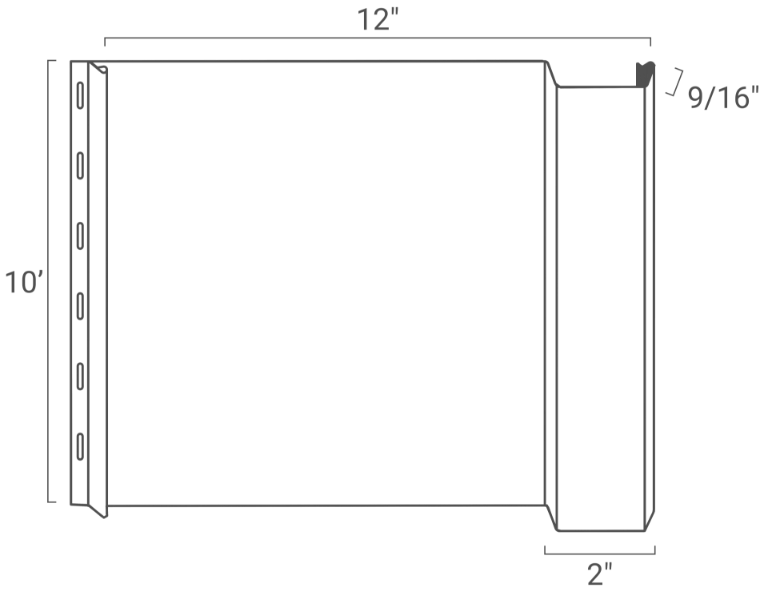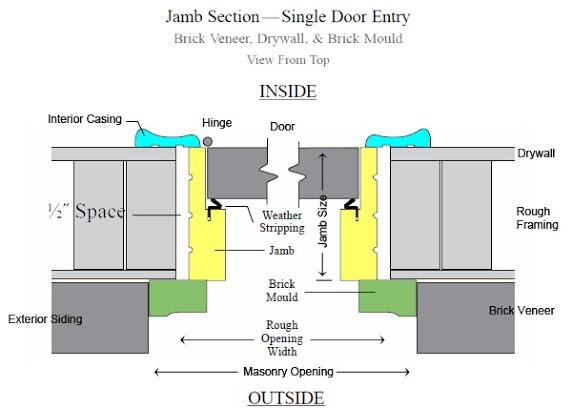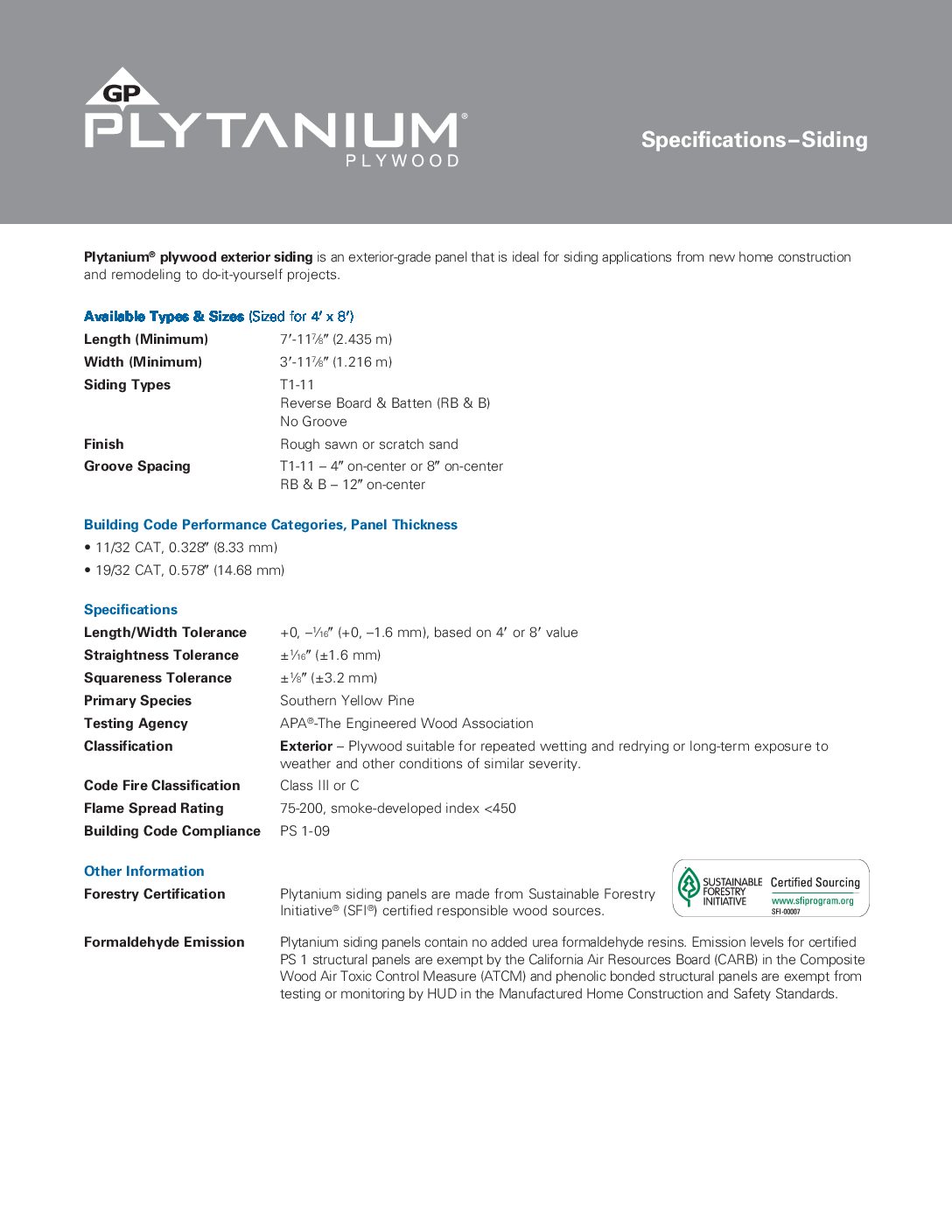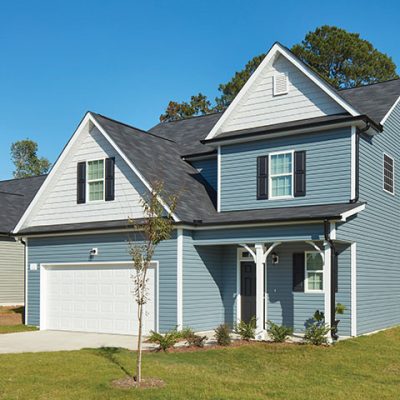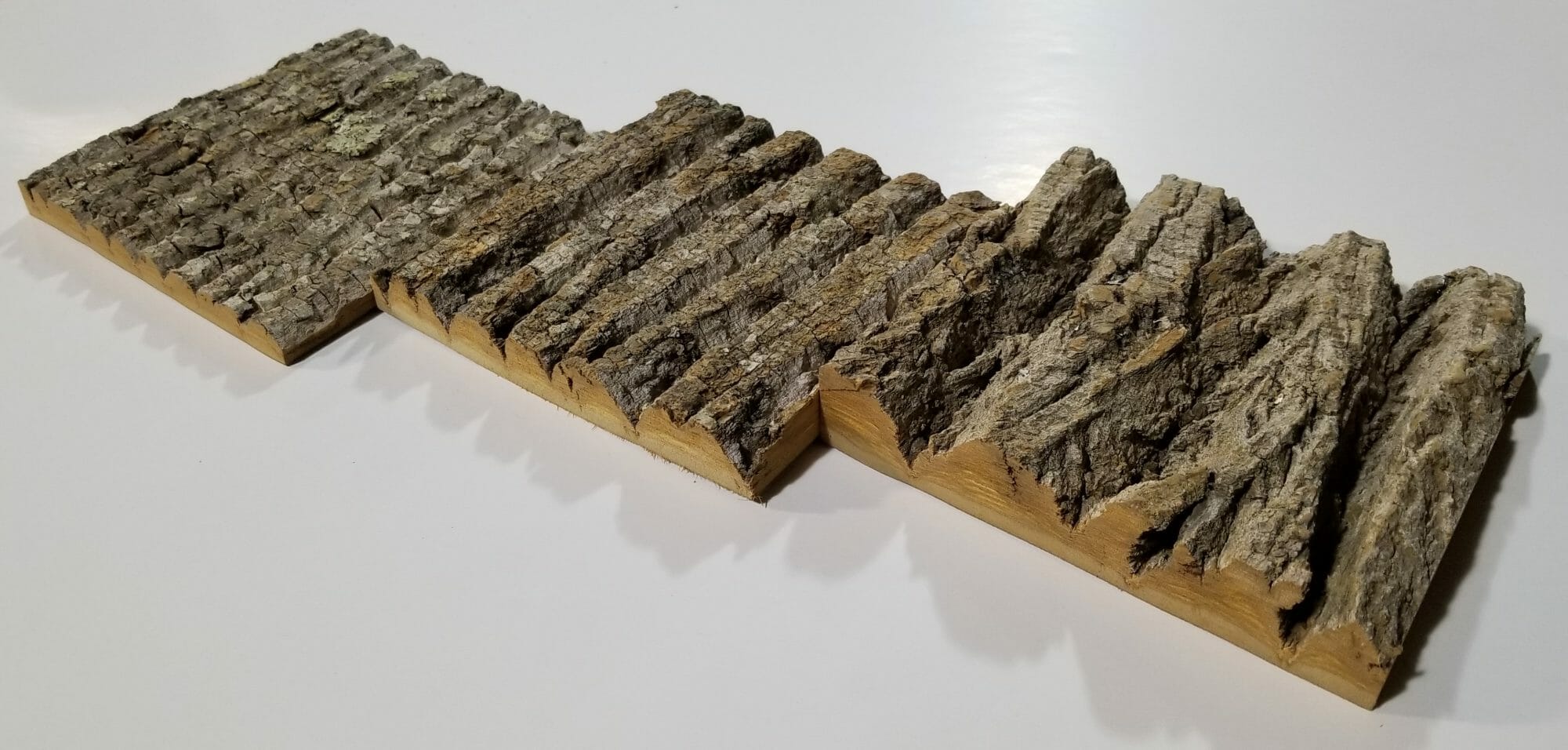Typically it is around 40 45 millimeters thick and some stores and manufacturers will offer even more variety on the type of vinyl siding thicknesses you can buy.
Standard siding thicknesses.
Bevel or lap engineered wood siding is a few times heavier.
Vinyl siding thickness can vary from a minimum of 35 millimeters for low grade products up to around 55 millimeters for some of the higher quality and more expensive products.
There are certain dimensions that are more standard than others and a typical plywood panel usually has an odd number of plies.
When you re buying t1 11 or plywood in general the thickness is generally ranging from 3 16 to 3 4 of an inch.
Choose from maintenance free classic clapboard shiplap beaded shakes or shingle profiles in many styles widths and textures.
The size or dimensions that plywood and t1 11 is generally available in is 4 feet wide by 8 feet in length.
28 gauge steel has an average thickness of 0187 minimum 0157 and 26 gauge is 0217 minimum 0187.
The best vinyl siding in the industry certainteed vinyl siding offers exceptional durability with an industry leading spectrum of fade resistant colors and a lifetime limited warranty.
Although it can vary by manufacturer a higher grade vinyl will typically cost more.
D 6 s 7 d 5 dl.
The typical interior wall thickness in newer construction using 2 by 4 studs and half inch drywall is 4 5 inches.
According to the standards of the american society for testing and materials vinyl siding should not be thinner than 0 035.
Free quotes from siding contractors.
Each square foot of stone veneer siding weight 8 12 lbs.
According to the california uniform building code the minimum recommended thickness for structural panels used in wall sheathing is 5 16 inch for studs 16 inches on center and 3 8 inch for studs.
Exterior wall thickness varies depending on the exterior finish siding and brick facing.
Manufacturer brand vinyl thickness available profiles number of colors insulation special features.
2 by 6 studs are typically used in walls that contain plumbing making those walls 6 5 inches.
The american iron and steel institute aisi publishes the accepted measurement standards for steel thickness.
3 6 5 4 kg.
Weight of a siding will depend on the material type siding made of and its thickness.
29 gauge steel the standard in the post frame industry has an average thickness of 0172 of an inch with a minimum of 0142.




